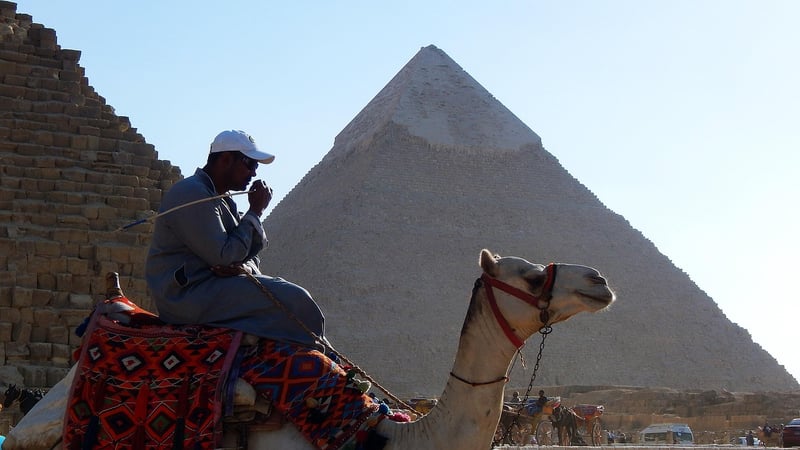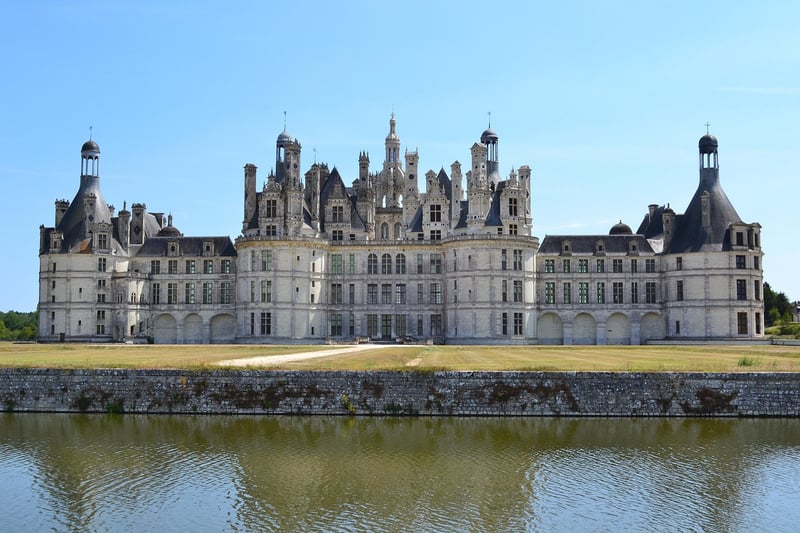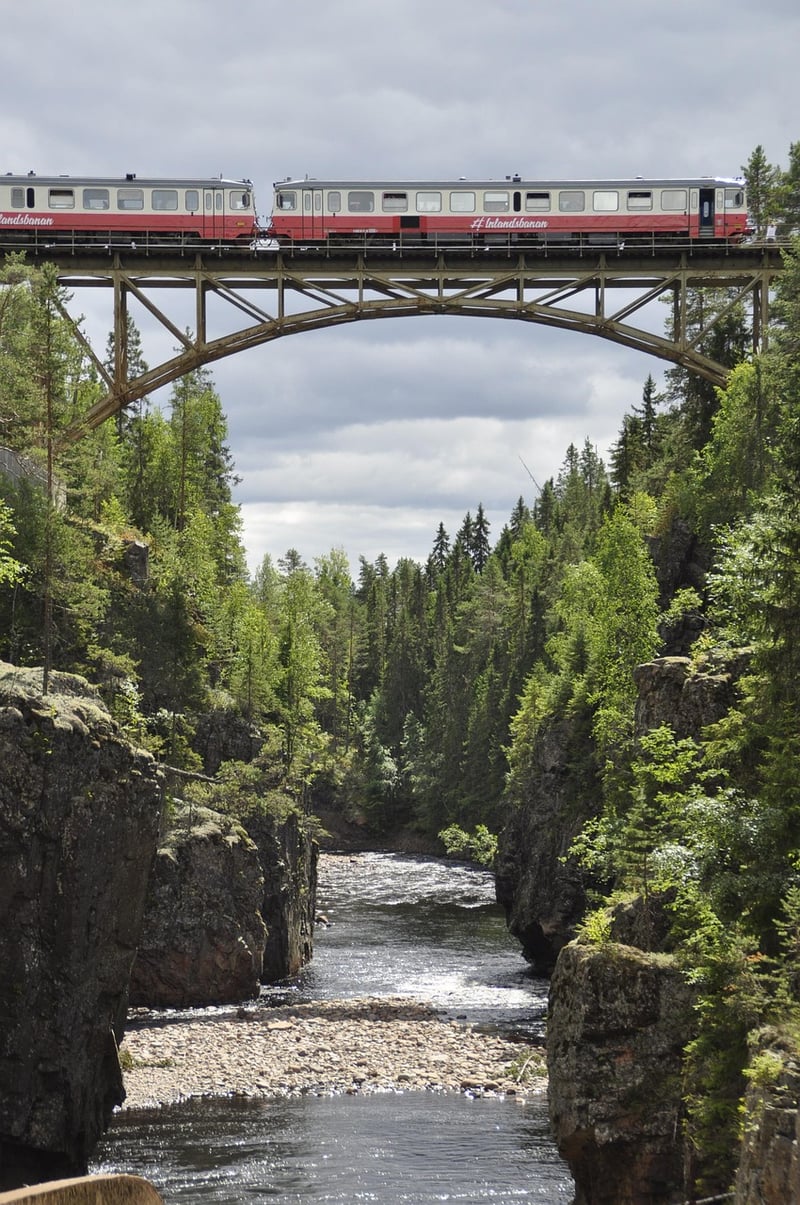Future Exploration
Exploring Different Eras and Future Exploration
Introduction
Exploring different eras allows us to delve into the rich tapestry of history and witness the evolution of humankind through the ages. From ancient civilizations to modern times, each era has its own unique characteristics and significance. Additionally, looking towards the future of exploration opens up exciting possibilities for discovery and advancement.
Ancient Era
The ancient era, encompassing civilizations like the Egyptians, Greeks, and Romans, lays the foundation for much of modern society. The pyramids of Giza, the Parthenon, and the Colosseum stand as monumental testaments to the architectural and engineering prowess of these ancient peoples.

Medieval Era
The medieval era, characterized by knights, castles, and feudalism, is a time of chivalry and turmoil. The majestic castles of Europe, such as Windsor Castle and Château de Chambord, offer a glimpse into the military and social structures of the time.

Industrial Era
The industrial era brought about a revolution in technology and manufacturing. The steam engine, railways, and factories transformed societies and spurred unprecedented urbanization. The Ironbridge Gorge in England, often referred to as the birthplace of the Industrial Revolution, showcases this era's impact.

Modern Era
The modern era, marked by globalization, technological advancements, and rapid change, has shaped the world we live in today. Skyscrapers like the Burj Khalifa in Dubai and the Shanghai Tower in China symbolize human ingenuity and ambition in the contemporary world.

Future Exploration
Looking ahead, future exploration holds immense promise for humanity. From space exploration and colonization of other planets to advancements in artificial intelligence and biotechnology, the future is ripe with possibilities for discovery and innovation.
Conclusion
Exploring different eras provides us with valuable insights into the past, while future exploration opens doors to new frontiers. By learning from history and embracing the challenges of tomorrow, we can continue to push the boundaries of knowledge and shape a better future for generations to come.
